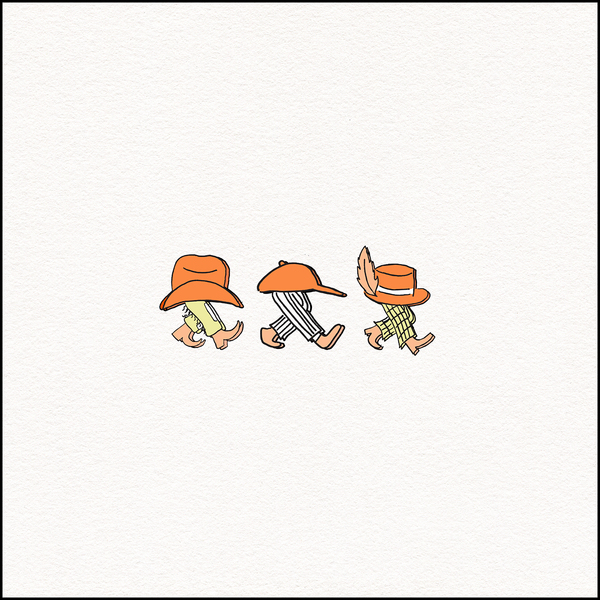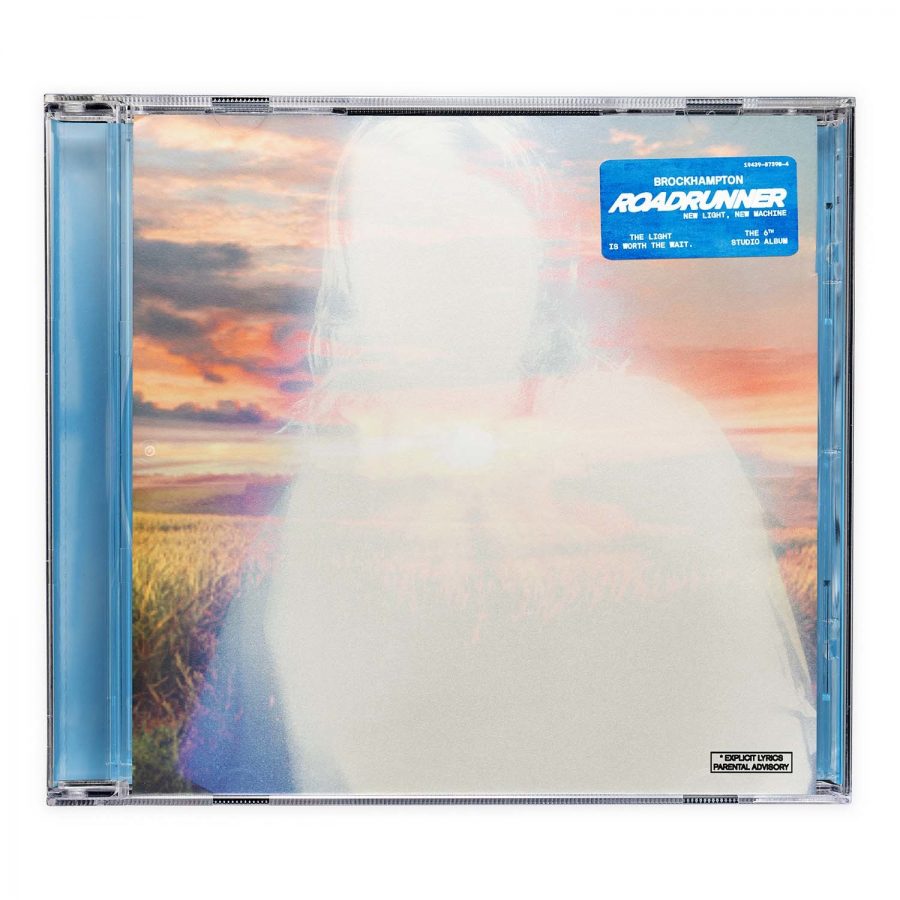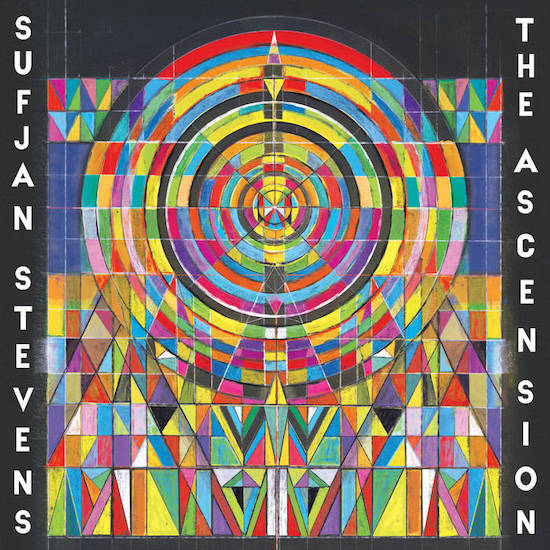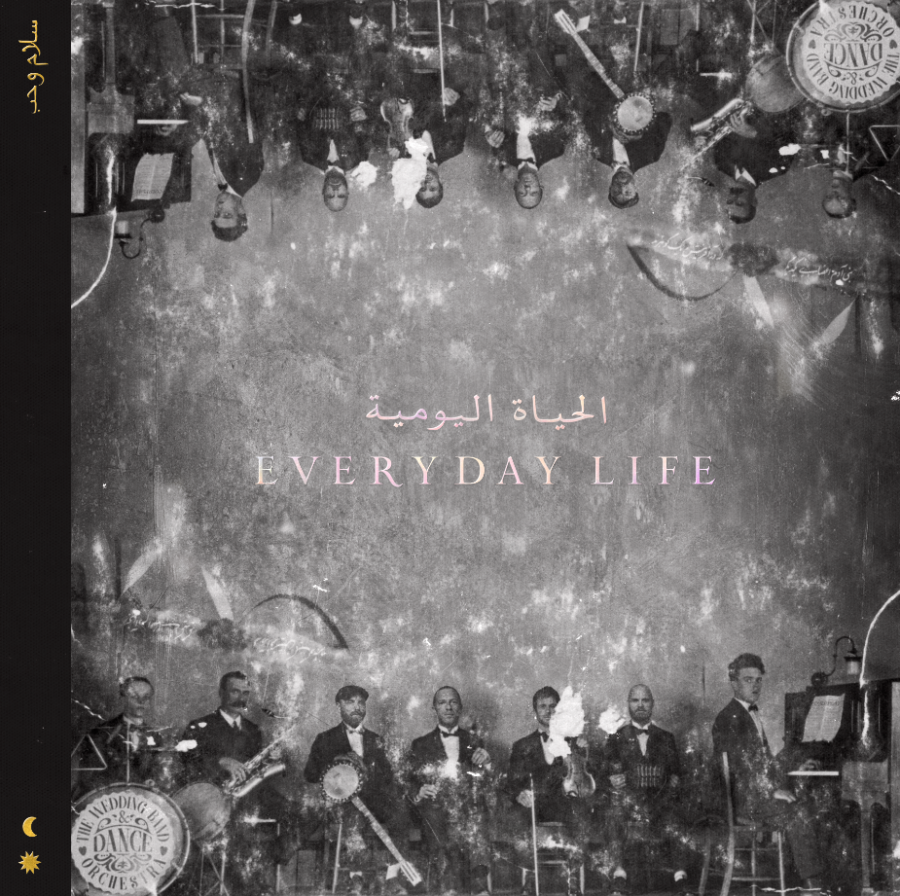On April 1, 2016, rock band Weezer released their 10th studio album, entitled “Weezer.” This is the fourth record by the band to be self-titled, and their 2016 release has been dubbed “The White Album.” On “The White Album,” Weezer finally returns to the grunge-pop sound that made their first two LPs so wonderful. Those first two Weezer albums, “The Blue Album” and “Pinkerton” have been canonized in the hearts and minds of ‘90s rock fans. Songs like “Buddy Holly,” “Say It Ain’t So,” “My Name is Jonas” and “The Sweater Song” are staples for 30-year-olds doing karaoke. Now with “The White Album,” bandleader Rivers Cuomo pulls off an impressive feat for a songwriter over 20 years into his career.
Rivers Cuomo has always been a hard man to pin down. The main reason for this is that it’s become apparent he doesn’t seem to take his music nearly as seriously as his fans do. When Weezer’s now classic “Pinkerton” was released, it was a critical and commercial failure. The confessional tales found on the album provided a certain personal catharsis for Cuomo and a very immediate window into his life. After the record flopped in the eyes of both critics and the music-listening public, he didn’t easily forgive his fans.
Now Weezer wants their old fans back. In attempts to curry the favor of those who stopped listening in 1996, the band released the album “Everything Will Be Alright in the End” in 2014. The single “Back to the Shack” acts as a sincere apology for the band’s questionable output. After two great albums, years of fans feeling ripped off and a call for forgiveness, we have finally arrived to 2016, a year that marks the band’s best output in two decades with the release of “The White Album.”
Rivers has described “The White Album” as a “beach-themed album,” based on experiences “hanging around the Westside of Los Angeles.” The songs are reminiscent of the surf sounds of the Beach Boys and the oohh’s and aahh’s on the album provide perfect companionship to Cuomo’s stories of California kids, Hare Krishnas and driving down Ventura Boulevard. The world doesn’t seem to be in need of another album about California or another Weezer album, but this time Cuomo has delivered both in fine fashion. The love for the older fans runs deep here, so much so that Cuomo dropped longtime producer Ric Ocasek for Taylor Swift’s producer Jake Sinclair, a producer/musician who has spent time in a Weezer cover band.
The album does everything in its power to get Cuomo back to the band’s ‘90s sound, and they succeed. Cuomo’s age doesn’t show as much as when he’s singing straight-up pop songs. Here he’s found a balance between the pure pop rock and the confessional nature of “Pinkerton.”
“The White Album” is Weezer’s best song cycle in 20 years. These grunge-pop tunes are perfect for blasting in your car on the way to the beach. The songs are punchy and tightened while also leaving room for some of the best guitar solos since “The Blue Album.” In terms of craft, the song “L.A. Girlz” is the best Weezer song in decades. On the track, Cuomo sings, “Does anybody love anybody as much as I love you, baby?” while the song swells into the sweet sincerity of an exasperated narrator demanding his feelings be taken seriously. Another standout is the closer “Endless Bummer,” a song that ends in a bombastic guitar solo. “Bummer” nearly matches that of “Only In Dreams,” Weezer’s closing number on “The Blue Album,” which also descends into a wonderful guitar solo by the end.
“The White Album” constantly triggers the nostalgia surrounding the mystique of Weezer’s early work. However, it also acts as a cohesive and well-crafted piece on its own. After 20 years in semi-imposed pop rock exile, the band finds new life here by returning to an earlier era. As Cuomo turns his eye back toward the ‘90s, fans can only imagine what would have happened if he decided to keep making albums like this in 1996.












